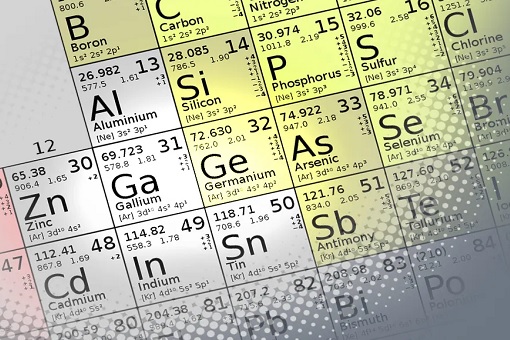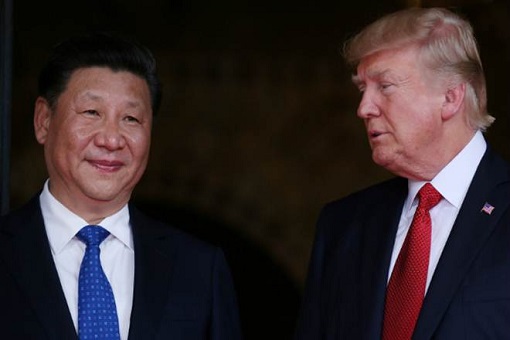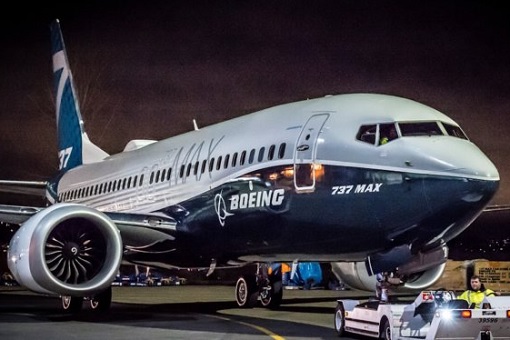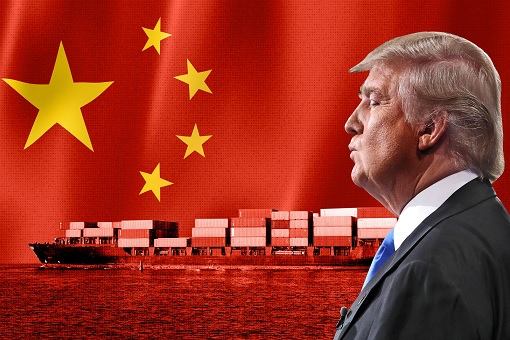
Trump’s Bluffing Again – Give Me Magnets, Or Risk 200% Tariff On China
August 26th, 2025 by financetwitter
While Washington and Beijing have reached an agreement to de-escalate trade tensions, temporarily lowering tariffs to 30% on the United States’ side and 10% on China’s part, the tariff war between the world’s two biggest economies isn’t going to disappear anytime soon. At the centre of the problem is President Donald Trump’s inability to accept a humiliating defeat.
After chickened out from a deadlock with China, and slashed self-imposed tariffs from 145% all the way down to 30%, the U.S. president diverted attention to tariff war with allies like India, Japan, South Korea and European Union. Then he tried his luck as a peacekeeper, attempting to convince Putin to end the Russia-Ukraine War, only to be brainwashed by the Russian leader instead.
Now, Trump is back to focus on China, having signed an executive order on August 11 to extend a trade truce between the U.S. and China for another three months (90 days). Speaking to reporters as he met South Korean President Lee Jae Myung in Washington on Monday (August 25), Trump said he expects to visit China this year or shortly afterwards.
Despite claiming he has a great relationship with China, Trump said – “They have some cards. We have incredible cards, but I don’t want to play those cards. If I played those cards, that would destroy China.” Then he threatens Beijing – “They have to give us magnets. If they don’t give us magnets, then we have to charge them 200% tariff or something.”
Interestingly, Trump’s latest remarks on the U.S.’ economic ties with China come days after U.S. treasury secretary Scott Bessent defended the country’s move to not slap penalties on China for buying Russian oil, but imposed a whopping 50% on India for doing so. Obviously, his latest threat on Beijing was deliberately done to deny Trump’s double standards policy.
Mr Trump appeared to be still frustrated after Beijing retaliated against his Tariff War 2.0, which he started on the Liberation Day (April 2, 2025) with a 34% tariff on China. But China’s sudden rules in April requiring companies to apply for permission to export magnets made with rare-earth metals, including dysprosium and terbium, sparked havoc in the U.S. business community.

Without the Chinese magnets to operate at high temperatures, the U.S. also can’t produce smartphones and F-35 fighter jets. Beijing did not actually stop the export controls on rare-earth magnets entirely, but was merely dragging its feet in license approvals. As exports of magnets virtually ground to a halt, carmakers can’t decide whether they can continue to keep some plants operating.
Terbium, dysprosium, samarium, praseodymium and neodymium are some jargons of rare earth exotic elements critical in making missiles and bombs, as well as electric motors and batteries for U.S. Navy’s destroyers. Rare earth element rhenium is a key component of jet engines for the U.S. Air Force’s F-15, F-16, F-22 Raptor and the F-35 Joint Strike Fighters.
The strategic importance of rare earth during the US-China trade war was obvious when Trump exempted U.S. imports of rare earths from the tariffs imposed on Chinese goods. The issue isn’t about the value of the rare earth imports by the U.S., but rather the supply chain. After all, the U.S. imported only US$160 million worth of rare earth from China in 2018.

Subsequently, on July 3, the Chinese government unexpectedly announced that effective August 1, China will restrict exports of two metals widely used in semiconductors and electric vehicles – Gallium and Germanium. Taking a page from the U.S. playbook, the Chinese Ministry of Commerce said the new export controls were necessary to “safeguard national security and interests”.
Unlike the U.S. ban on microchips to China, the Chinese controls were not a ban. Still, it could reduce the export amount significantly as retribution. China produces 68% of the world’s germanium and 98% of the world’s gallium. China could still weaponize other rare earth minerals used in many high-tech products, as well as lithium, cobalt and graphite used in batteries.
Crucially, both gallium and germanium appear on the list of top 50 minerals that the U.S. Geological Survey deems “critical”, meaning they are essential to the economic or national security of the U.S., making the military superpower vulnerable to supply chain disruption. The U.S. does not produce gallium on its own, and there are no effective substitutes for gallium arsenide

Gallium arsenide is widely used for high-performance chips due to its resistance to heat, whilst the U.S. military relies on gallium nitride in the most advanced radars and the Patriot missile-defense system. Sales of chips using gallium nitride were US$2.47 billion last year, but are expected to skyrocket to US$19.3 billion by 2030. Chips produced with gallium-arsenide would hit US$3.4 billion in 2030.
Yes, it’s not only the U.S. who knows how to ban certain exports to China. Beijing unilaterally brought Trump to his knees when it played the rare earth card – suspending exports of a wide range of critical minerals and magnets, which threatens to choke off supplies of components essential to automakers, aerospace manufacturers, semiconductor companies and military contractors around the world.
When the White House finally decided to lift the export license requirements for chip design software sales in China, and approved U.S. ethane exports to China without additional approvals, it was a confirmation that Beijing has a trump card – rare earths. While China controls 70% of the world’s rare earths mining, it also controls 90% of the chemical processing of global rare earths.

Even though China’s exports of rare-earth magnets have recovered to levels before export restrictions in April, Trump has threatened China with another card – airplane parts. Revealing his new leverage, Trump said – “200 of their (China) planes were unable to fly because we were not giving them Boeing parts purposely because they weren’t giving us magnets.”
However, every analyst and economist knew Trump was bluffing again. If indeed Boeing parts are such a great leverage, Trump did not have to lose face with a temporary truce after escalating tariffs to 145% on Chinese products. In fact, Boeing flew several new 737 MAX jets back to the U.S. in April 2025 after Xiamen Airlines and other Chinese airlines halted deliveries due to escalating U.S.-China trade tariffs.
The fact that China has the balls to send back planes it ordered from the U.S. in retaliation over Trump tariffs suggests that Boeing actually needs China more than China needs Boeing parts. Besides, there’s something called Airbus – Boeing’s competitor. Unless Trump can convince the European Union to also stop selling Airbus to China, it’s merely an empty rhetoric.

Besides, Boeing – nearing a massive order for up to 500 aircraft with China – would be the biggest loser if Beijing scrap the order if Trump dares to play the card. Since the Covid-19 pandemic in 2019, Boeing has only recorded 30 orders from China. Therefore, it’s China that could threaten the U.S., and not the other way round as Boeing is incredibly hungry for new orders.
Additionally. Airbus has a significant manufacturing base in the U.S. with a plant in Alabama where it has final assembly lines for the A220, A320 and A321 narrow-bodies. Employing more than 5,000 people in the U.S., Airbus also supports 275,000 American jobs through its annual spending of US$15 billion with more than 2,000 suppliers across 40 states.
More importantly, rising trade tension between the US and China since Mr Trump’s first term have helped Airbus gain the upper hand over Boeing in supplying aircraft to China, the world’s second-largest aviation market. Beijing could retaliate and blacklist Boeing and thousands of American jobs would have been lost before a shortage of Boeing parts could start destroying China.

Like it or not, Boeing is the U.S.’ largest exporter, and China represents about 20% of the market for large civil jets over the next 20 years. Boeing CEO Kelly Ortberg previously stressed that the company supports 1.8 million jobs in the United States. Beijing is calling Trump’s bluff because Boeing also depends on Chinese rare earths. On the contrary, Trump’s threat only re-confirms the importance of Chinese magnet.
No comments:
Post a Comment